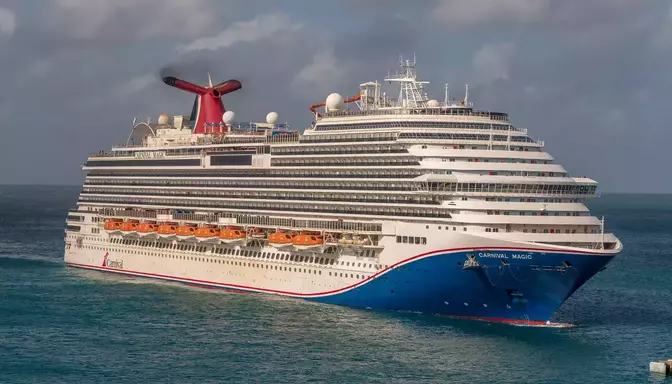Carnival Cruise Line’s spokesperson refrained from commenting on the specific incident but stated that their shipboard staff adhered to the company’s emergency protocols, which included administering CPR and using an AED (automated external defibrillator) on Alonzo. The spokesperson expressed condolences to the Bristol family and conveyed sympathy during this difficult time.
The cruise line’s website highlights that all officers and crew undergo rigorous safety and emergency training that surpasses regulatory requirements. They also receive specialized training to handle emergency situations and assist guests accordingly.
Additionally, Carnival’s Passenger Bill of Rights ensures that professional emergency medical attention is readily available on board until shore-side medical care becomes accessible, along with a properly trained ship crew in emergency and evacuation procedures.
Hazel estimates that her husband lay on the floor, experiencing what the Office of the Chief Medical Examiner later determined to be an acute coronary insufficiency (a heart attack), for at least 15 minutes before receiving treatment, despite several staff members being present.
His demise that night was attributed to natural causes, and it was known that he was a diabetic. Carnival offered their condolences and provided a refund for the family’s trip.
Alonzo Bristol III, also residing in Hampton, expressed frustration, stating that prompt medical attention might not have guaranteed his father’s survival, but the malfunctioning equipment denied him even a chance. Carnival sent Hazel a voucher for a free cruise, but Alonzo III viewed it as an insensitive gesture.
Despite considering legal action, the family faced obstacles as most attorneys cited the federal Death on the High Seas Act. This century-old admiralty law restricts the recovery of certain damages for deaths occurring beyond 3 nautical miles from the United States shores.
In addition to federal law, passengers encounter barriers to suing cruise lines through the ticket contract they must agree to. The contract acknowledges that medical care may be limited or delayed, especially during segments of the voyage where medical care and evacuation options might be scarce.






